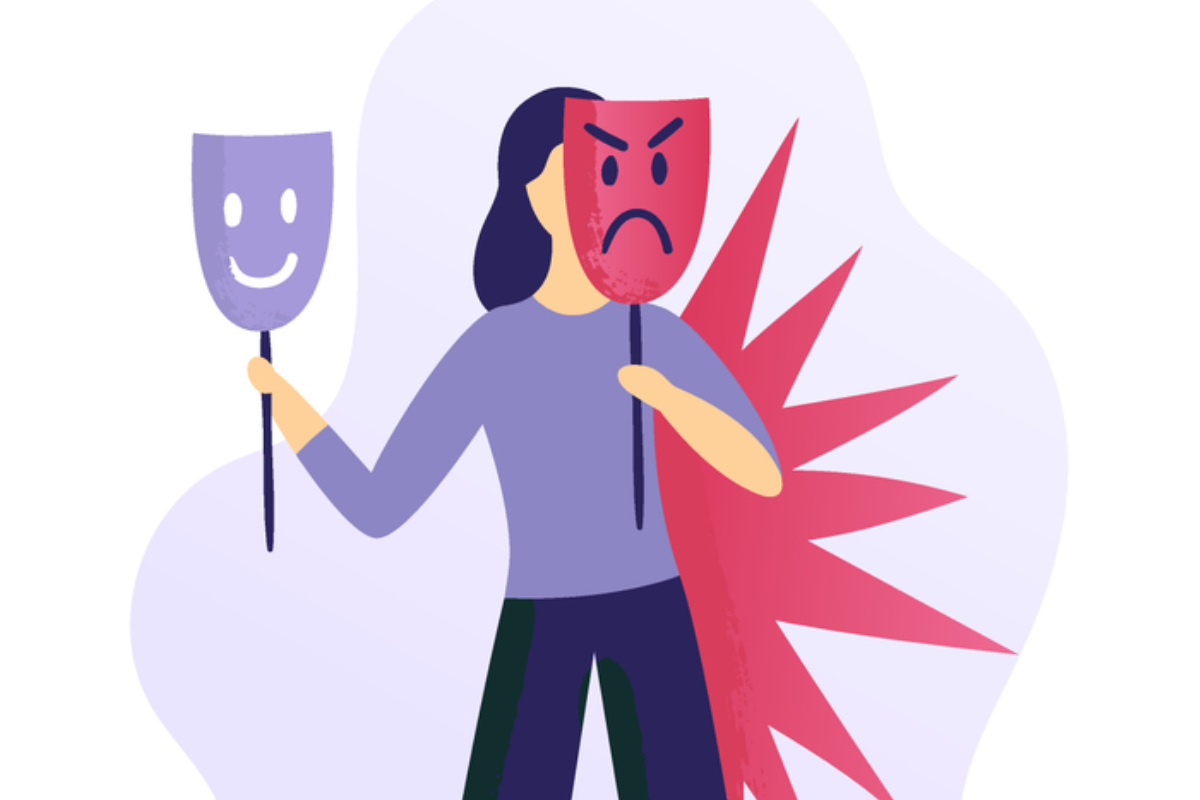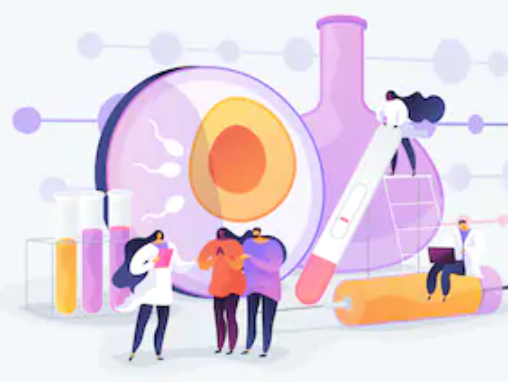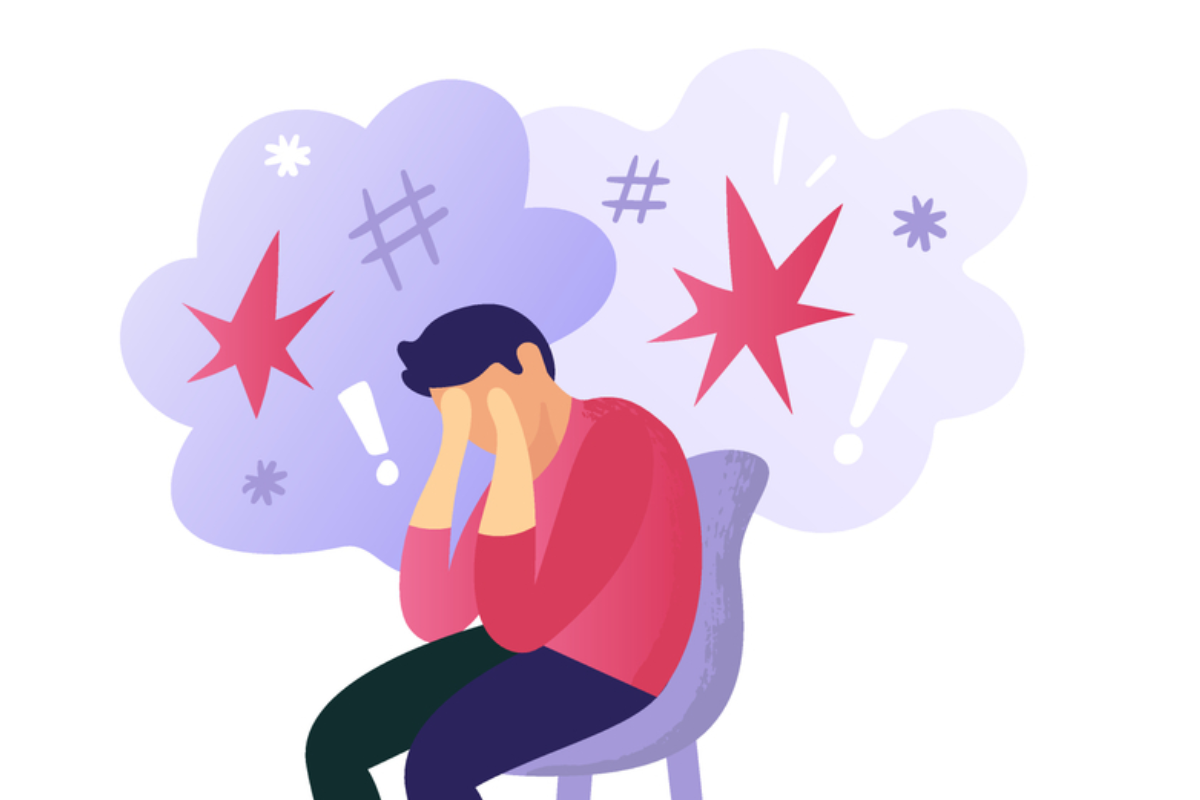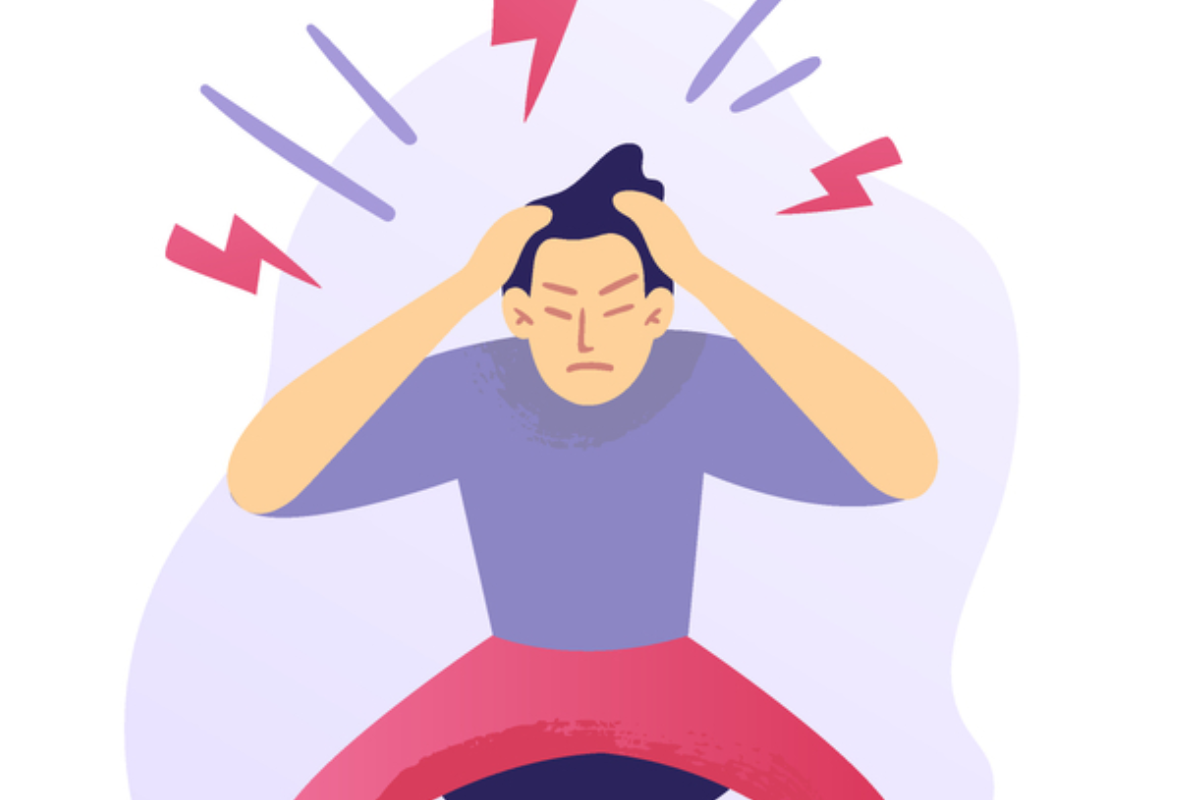
Identity Issues
Everyone has multiple identities. As an individual, we might identify as a mechanic or as a parent, a spouse, a sports fan, a gardener and so on.
On top of that, we have more complicated group identities where our perception of ourselves is challenged. For example, you might not be the gardener you first thought. Or, the company where you work suddenly promotes a rival to be Head of Department.
As our identities make up who we are, a threat to it can shake our foundations. Not fitting into a valued group, being rejected by our friends or finding out that our abilities do not lie in the direction we hoped, can lead to feelings of self-doubt, depression and loss.
In therapy, people can work through identity issues. Redefining their personality, goals and even friendships can steer them towards a more positive state of mind and offer a future to work towards.

Infertility
Infertility places enormous psychological strain on men and women. Being unable to conceive after a year or more of trying is stressful enough.
But the pressure, risk and unpredictable chances of success associated with infertility treatments impose their own mental and physical pressures, discomfort and pain. Depression, a sense of being defeated and even self-loathing can accompany infertility, and the resulting emotional trauma can put a strain on relationships.
Soon-to-be parents who have suffered one or more miscarriage often require help. Grieving parents may feel that their sorrow should be hidden due to an apparent lack of social empathy, and often bury the loss of a child and their dashed hopes in an inaccessible but painful place.
Therapy can help people handle their grief, anxiety and other underlying emotions. Feelings of guilt and anger can be worked through and any blame brought into the open. Treatment can help explore the financial ramifications as well as provide emotional healing. Couples often choose to handle their infertility concerns together. Family therapy can also be a great help.

Obsessive Compulsive Disorder (OCD)
Obsessions can be defined as often unpleasant desires, images or thoughts. These obsessions dominate other more pleasant and positive thoughts
Compulsions are the impulses that drive our behaviour to act on the obsession. Compulsive people constantly perform actions beyond the point of usefulness.
Therefore, OCD is associated with the anxiety that arises from obsessions with apparently random things, and the compulsion to make these things conform to a random sense of order. OCD brings worrying thoughts into play, such as leaving the house unlocked or not having fastened an item of clothing properly. These thoughts remain unalleviated despite frequent checking.
Obsessions and compulsions can occur together or individually. If the two do not coincide – for example an obsession with looking through the window, but a compulsion to tidy the house – enormous emotional strain can result.
OCD sufferers will benefit from therapy. Cognitive Behavioural Therapy, hypnotherapy and mindfulness are often used when treating OCD. OCD is a very stubborn condition, and even the most effective treatments may take several months before significant results can be seen.

Phobias
A phobia is a debilitating, persistent and overwhelming fear of something. That something could be an animal, a place, a situation, a piece of technology…or anything at all.
A few phobias have a rational core. For example, it is not natural to be placed into a pressurized metal tube and then flown at a speed of hundreds of miles an hour at an altitude above 25,000 feet; especially when you have no control over what is going on. On the face of it, a fear of such a thing is understandable. However, the knowledge that travelling by airplane is one of the safest modes of transport – certainly much safer than walking, cycling or driving – should alleviate fear of flying to a large degree.
However, with a phobia, reason has little impact. Despite all the evidence, phobics still believe that planes will crash, creepy crawlies will attack and going outside the house will be lethal. Even though they won’t.

Post-Traumatic Stress Disorder (PTSD)
Post-traumatic stress disorder (PTSD) has both physical and psychological symptoms. PTSD is caused by distressing, frightening or stressful events, and sufferers tend to continually re-experience these events as nightmares or flashbacks.
As a result, sufferers are prone to re-experiencing the emotions they felt at the time of their ordeal, which are often accompanied by new feelings of dread, alarm and panic. Sleeplessness, irritability and feelings of isolation are also common. It is not surprising that PTSD can have a powerful impact on everyday lives.
Therapy can make a significant difference in the quality of life of PTSD sufferers. For example, hypnosis, Cognitive Behavioural Therapy (CBT), psychoanalysis and Eye Movement Desensitisation and Reprocessing (EMDR) can all be used with positive effects. Therapeutic and medical treatments are frequently used at the same time.

Pregnancy
All pregnancies are significant. Beyond bringing new life into the world, the product of pregnancy – whether successful or not – will affect the mother, the family and wider society.
Usually, these are positive effects, but sometimes there is confusion and distress, particularly if the pregnancy is unplanned. An imminent birth will affect a relationship, have financial implications and change lifestyles.
Not all pregnancies are welcome and if abortion is the chosen option then this too can cause strong emotional reactions. Relief, sorrow, guilt, confusion and mourning are clashing emotions that frequently accompany abortion, especially in situations where the mother was under pressure to keep the child.
Soon-to-be parents who have suffered one or more miscarriage may also seek professional help. The grieving process is frequently short-lived – at least in public – in light of an apparent lack of social concern. Grieving parents often bury the loss of a child and their dashed hopes in an inaccessible but painful place.
Family members have their own reactions, some of which cause confusion. Therapy can provide insight, give pause and guide towards understanding. It will help you explore your emotions surrounding pregnancy and give you time to develop your feelings for the events that lie behind you, around you and ahead of you.

